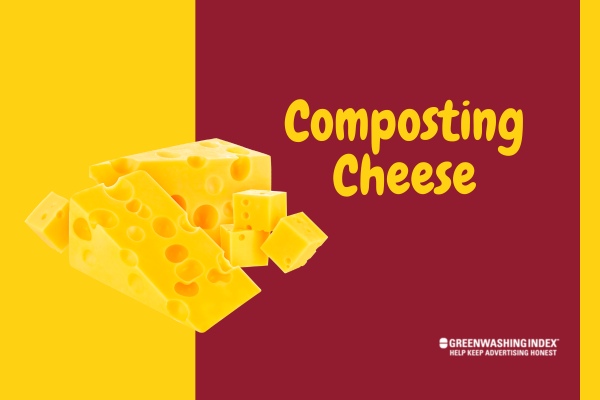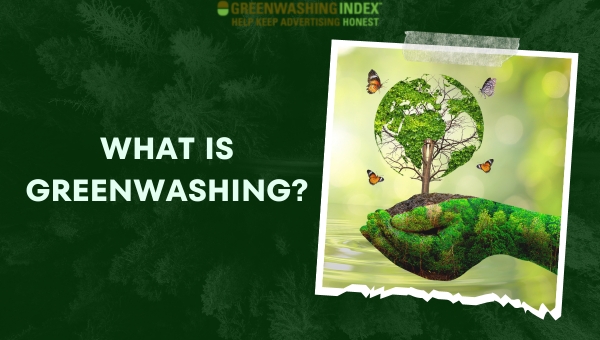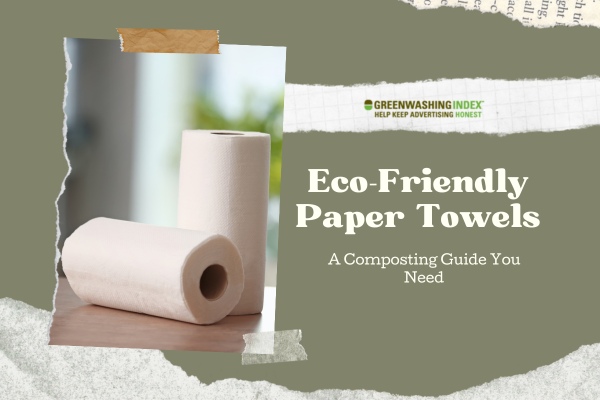As I dive into the world of composting cheese, I find myself fascinated by how this seemingly unimportant element can play a significant role in our daily practices. The heart of sustainable living revolves around making the utmost use of our resources and minimizing waste, and organic waste management is an integral part of that ideology.
When it comes to cheese scraps left on our plates or expired cheddar sitting in our fridges, have we ever considered where these end up and what impact they may have on the environment?
Yes, you can compost cheese. But before you start tossing your leftover dairy in your backyard composter, it’s worth noting that composting cheese requires more attention than other types of organic waste due to several factors including smells, pests, and potential pathogen growth.
What To Expect From This Article
- A comprehensive understanding of cheese in compost
- Insight into the risks associated with composting cheese
- An expert take on the ongoing debate – can you really compost cheese?
- Tactics for incorporating dairy products into your eco-friendly food disposal routine
- Actionable tips for prepping cheese scrap for successful composting
Can You Compost Cheese?
Before jumping into the concept of composting cheese, it’s crucial to understand that this topic is not without controversy. Many debates have ensued on whether cheese and other dairy products can be put into our compost piles or not. These discussions stem from concerns over odor, pests, and the potential for pathogen growth.
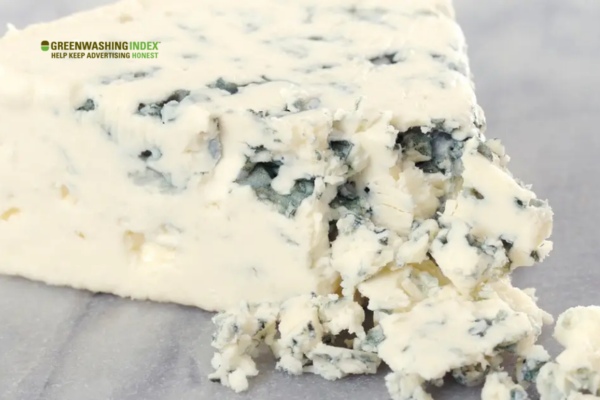
Composting Cheese: The Controversy
When it comes to composting cheese, opinions greatly vary. Some organic waste management champions advocate for all sorts of food waste going into our compost heaps – including dairy products like cheese. Their argument is rooted in the belief that any form of organic material will eventually break down and provide valuable nutrients for the soil.
Here are some reasons those on this side of the debate believe in composting cheese:
- It’s all about reducing waste: A sustainable kitchen practice is one that leaves as little food waste as possible. By composting cheese, you’re ensuring less food goes out in your regular trash.
- Composting encourages a circular economy: When you add organic materials like cheese to your backyard heap, nature cycles it back into nutrient-rich soil.
- Cheese brings nutritional value: Despite potential risks which I’ll discuss shortly, there’s no denying the richness in nutrients that dairy products can bring to your compost heap.
Yet others firmly stand against such practices – arguing that dairy waste disposal should not include home composter bins at all.
When Cheese Becomes Problematic
So when does adding cheese (or any other dairy product) become problematic? Here are some circumstances you might want to consider:
1. In a Small-Scale Compost Bin:
Cheese breaks down somewhat slowly in small-scale home composter set-ups due to temperature constraints – significant decomposition happens at temperatures that aren’t typically reached here – leading possibly to an unpleasant smell or even pest attraction before fully breaking down.
2. Unbalanced Nutrient Ratio:
Adding excessive amounts of cheese to your compost can throw off the balance of green (high in nitrogen) and brown (high in carbon) materials necessary for good composting conditions.
3. Pathogen Growth:
Some suggest that there’s a potential growth of harmful pathogens due to cheese decomposition, especially if it’s not composted correctly. The argument is that home compost piles often don’t reach high enough temperatures to kill off these bacteria.
While I’ve tried both sides – adding little bits of scrap cheese to my compost pile without thinking twice and completely omitting it – I can safely say that like most things in life, moderation is key with composting cheese.
How to Properly Add Cheese to Your Compost Pile?
Composting cheese can certainly be challenging, but with the right knowledge and techniques, you can navigate this process efficiently. Let’s walk you through the exact steps of how to incorporate cheese into your compost pile without causing any hazards.
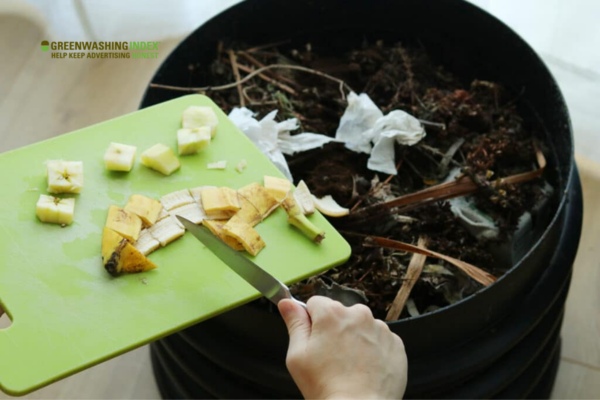
Preparing the Cheese
When it comes to composting cheese, preparation is key. The first step in this sustainable kitchen practice is knowing how to adequately prepare your dairy waste for disposal in a way that will limit potential issues down the road. Here are some essential tips:
- Size Matters: Start by chopping or grating your leftover cheese into small pieces. Smaller chunks are easier for me (and other organisms in your heap) to break down.
- Segregate Dairy: Ensure that you’re keeping dairy items like cheese separate from other organic materials initially. This isolation allows for more controlled and safer composting of dairy products, making it an important organic waste management strategy.
- Balance Nitrogen-Rich Foods: Mixing nitrogen-rich foods like vegetables and coffee grounds with your cheese aids decomposition while controlling odor issues. Just remember – decomposing cheese releases a significant amount of water, so keep an eye on moisture levels in your pile.
Incorporating into Existing Piles
Now that we’ve prepared our leftovers let’s discuss incorporating them properly into our compost piles:
- Placement is Crucial: Resist the urge to toss those shreds of cheddar onto the top of your heap! To avoid attracting pests and creating unwanted odors, ensure you bury them deep within existing piles and cover up afterward with dry leaves or peat moss.
- Turn Your Pile Frequently: Turning over your pile periodically ensures proper air circulation which accelerates decomposition while minimizing potential pathogen growth due largely to even heat distribution throughout our pile.
- Use a Compost Tumbler: A compost tumbler can be an alternative to traditional heap-style compost piles. These closed systems are highly effective at controlling odors and pests while also making it easier to turn and aerate your compost.
Can dairy products like cheese become part of an eco-friendly food disposal system?
In the journey towards sustainable living, understanding the role of various food items, specifically cheese, in the composting process is crucial.
The Deal with Dairy Products in Composts
Dairy products like milk, yogurt, and cheese are complex substances fraught with plenty of organic components — fats, and proteins — that bacteria can devour during decomposition. They carry the potential for providing nutrient-rich additions to compost piles — theoretically.
However, including such dairy waste disposal items in regular home-based compost piles tends not to be everyone’s cup of tea for several reasons:
- Attract pests: Dairy items like cheese tend to discredit one key eco-friendly food disposal norm by attracting unwanted pests such as rats or raccoons.
- Odor issues: When dairy products break down, they mostly do so anaerobically. This means they decompose without air, leading to a rather unpleasant smell that most people would probably prefer not to waft around their yards.
- Pathogen risks: Lastly, composting cheese and other dairy products can also increase the risk of pathogen contamination. These may then potentially pose a threat to plant, animal, or human health if the compost is improperly handled.
Risks Associated with Composting Cheese
In the quest for sustainable kitchen practices and organic waste management, it’s vital to balance the benefits and potential drawbacks of our actions. It turns out that composting cheese does carry some risks you might not expect. Here are a few possible issues to consider.
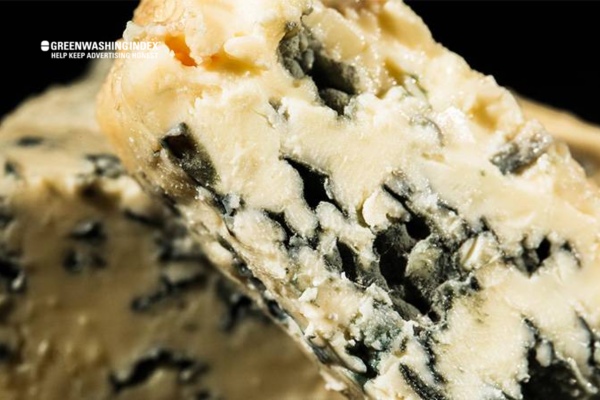
Attracting Pests
Composting cheese can unfortunately turn your compost pile into a sought-after dinner spot for local pests. The potent smell of cheeses like blue or gorgonzola will undoubtedly act as an invitation for unwanted guests including:
- Rats
- Raccoons
- Insects
- Neighborhood pets
These common pests not only disrupt our backyards but also bring their own host of potential diseases, which could negatively impact both our beloved garden and our health. Given these concerns, I cannot stress enough the caution needed when adding dairy products like cheese into the compost mix.
Odor Issues
Next on the menu is odor control – or more accurately, lack thereof. Cheese can cause a noticeable stink in your compost pile due to its decomposition process, creating an unpleasant aromatic experience in and around your home garden.
Organic waste management often requires dealing with some less-than-pleasant smells; however, the robust odor resulting from cheese breakdown makes sustainable living tips like this hard to digest. Particularly potent cheeses could even result in:
- Complaints from neighbors
- A less appealing backyard environment
- Negative impact on outdoor gatherings
Potential for Pathogen Growth
While sustainability efforts such as eco-friendly food disposal ideally lead us towards healthy soil and beautiful gardens, composting cheese presents an unexpected hurdle: pathogen growth. Due to its high protein content and moisture levels, decomposing cheese can encourage the development of harmful bacteria or pathogens which could threaten plant health if incorporated into garden soil later on.
Risks associated with this include:
- Disease transmission through contact with infected soil
- Negative effects on plant health and growth
- Possibility of bacteria or pathogens surviving the composting process
FAQs
Does the type of cheese matter when it comes to composting?
Yes, the type of cheese does matter. Soft cheeses are generally easier to compost than hard cheeses as they break down quickly. However, all kinds can be composted with the right approach.
What other dairy products are safe/unsafe for my compost pile?
Most dairy products, like milk and yogurt, can upset the balance in the compost pile due to their high protein content which might attract pests. But these can be used in moderation along with other compostable materials.
Can I put moldy cheese in my compost?
Yes, moldy cheese is completely acceptable for your compost pile. In fact, microbial activity involved in molding is beneficial as it contributes towards a faster decomposition process.
How long does it take for cheese to decompose in a composter?
The amount of time it takes for cheese to decompose will vary depending on factors like temperature and composition of your pile; however, on average you could expect it to break down within a few months’ time.
Conclusion
After wrapping up our comprehensive guide, it’s clear that composting cheese comes with both advantages and challenges. However, by learning about the potential risks like attracting unwanted pests, unpleasant odors, and the risk of harmful pathogens coupled with the informed debate surrounding composting cheese, I’ve found that this sustainable kitchen practice can be part of an eco-friendly food disposal system.
Armed with these tips on how to properly add cheese to your compost pile by preparing and breaking down the cheese effectively into existing banks, you’re now equipped to handle dairy waste disposal confidently.
Key Takeaway Points:
- Composting cheese is viable but demands careful execution.
- Cheese in a compost pile can attract pests and cause odor issues.
- Always prepare your cheese correctly before incorporating it into your compost pile.

